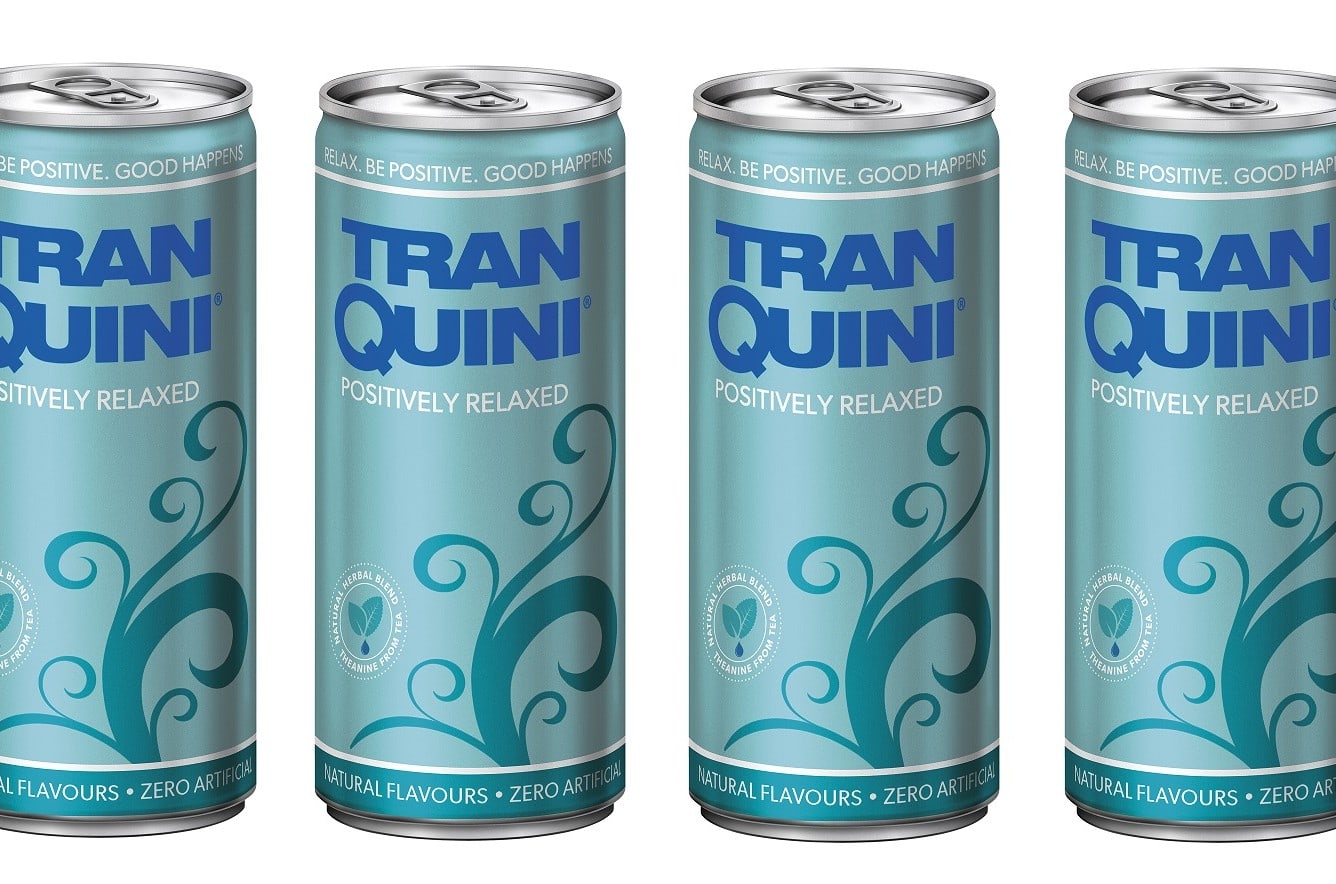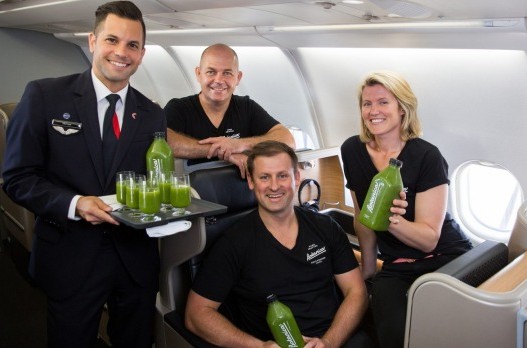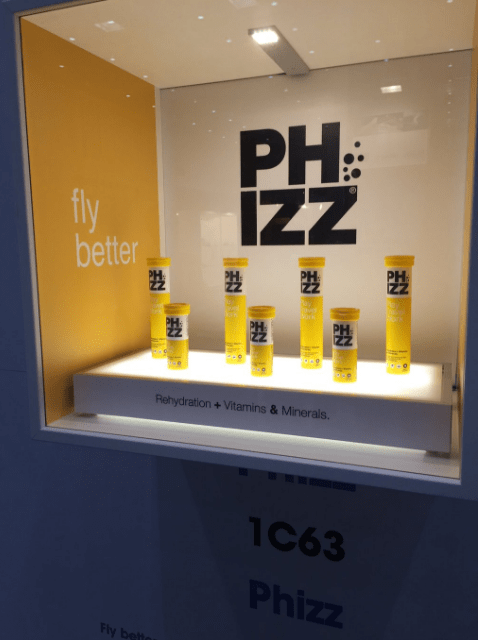A Toast to Good Health: Airline Beverage Offerings That Won’t Leave Pax High and Dry
Share

APEX Insight: In the first part of our series on in-flight health trends, we examine how airlines are refreshing their drink menus in an attempt to offset the negative impact of low cabin pressure and humidity on the body and mind. Nourishing beverages are emerging as the ultimate in-flight antidotes to stress, fatigue, dehydration and onboard germs.
Offering tasty beverages is one way of improving PaxEx, but airlines are going one step further by serving drinks that have potential far-reaching health benefits. While highly caffeinated soft drinks containing high-fructose corn syrup may seem unavoidable in flight, airlines are increasingly offering nutrient-rich alternatives that actively combat the health-related drawbacks of long-haul flights.

Cold-Press to Combat Colds
Earlier this year, Qantas partnered with Sydney-based juice company Botanica to bring the cold-pressed juice trend to passengers on its domestic business-class flights. Helen Grey, head of Product and Service Delivery at Qantas said, “We are always looking to introduce new products on board and in our lounges, and after learning about the nutritional and hydrating benefits of cold-pressed juices we immediately started working on a plan to get them on our flights.” Cold-pressed juices are especially good for in-flight consumption since they contain huge amounts of vitamins and enzymes that can help passengers ward off the germs that are lurking on the plane. Low humidity in the airplane cabin dries out mucous membranes, making passengers more vulnerable to catching in-flight bugs. Because cold-pressing uses zero heat extraction, the juice preserves valuable nutrients for up to three days. Botanica’s co-founder, Richard Magney, says, “We are opening up the export channels in 2016 … We are looking to further our catchment area with Qantas to international and [to] Qantas’ partnership with Emirates.”
“After learning about the nutritional and hydrating benefits of cold-pressed juices we immediately started working on a plan to get them on our flights.” €” Helen Grey, Qantas
Sipping on Serenity
Fear of flying, discomfort, motion sickness and increased caffeine intake are just some of the triggers of in-flight anxiety and stress. Coping techniques include practicing meditation, distracting oneself with in-flight entertainment, and sipping on an herbal tea with relaxant properties. For passengers who aren’t a fan of high tea, there is a newcomer on the market: Tranquini contains natural ingredients that are scientifically proven to reduce stress and relieve anxiety without causing drowsiness. The canned drink, which was introduced to the air travel industry at the World Travel Catering & Onboard Services Expo earlier this month, is a blend of green tea extract containing natural theanine, which helps stimulate brain relaxation; lemon balm, proven to fight stress; chamomile, which boasts amino acids that induce calming effects; and lavender, which has been used for centuries to treat anxiety, depression and insomnia. The beverage is also preservative-free, teeming with vitamin B12 and low in calorie content.
Wholesome Hydration

While coconut water is readily available in most North American grocery stores, it has only just been introduced on airplane galley carts in recent months. This all-natural, electrolyte-rich beverage is a great way to keep hydrated during long flights – especially for passengers who are prone to increased caffeine intake when in flight. Singapore Airlines has introduced the drink option on flights since April 7 as part of its Deliciously Wholesome program, and jetBlue has partnered with Vita Coco to bring the drink to the carrier’s regular snack service.
Phizz is a multi-vitamin hydration tablet designed to offset dehydration, combat fatigue and boost the immune system. Packed with micronutrients and antioxidants like vitamin C, zinc and copper, the dissolving tablet can be added to water to ensure that vitamin levels are maintained in flight and to minimize the effect of the relative humidity in the cabin, which could go to as low as 10 percent compared to 60-80 percent in cities like London or New York. Daniel Cray, marketing director and co-founder of Phizz, says, “There are generic multi-vitamin products on the market and there are alternative hydration products on the market, but we found there was a huge gap for a combined product made specifically with 21st century travel in mind.”
For more on in-flight health trends, read Started From the Bottom: Airlines Transfer Earthly Food Trends to the Skies


